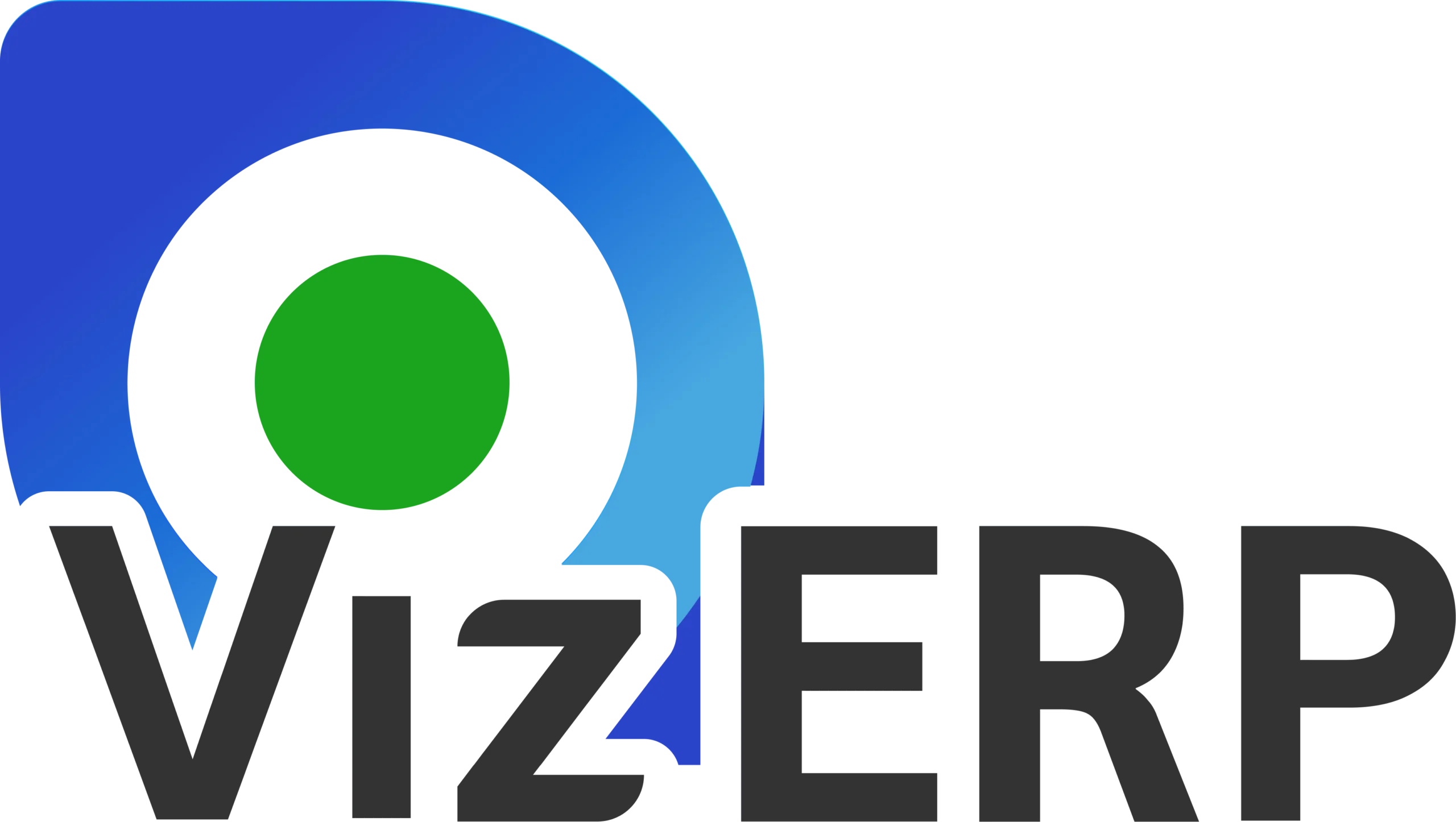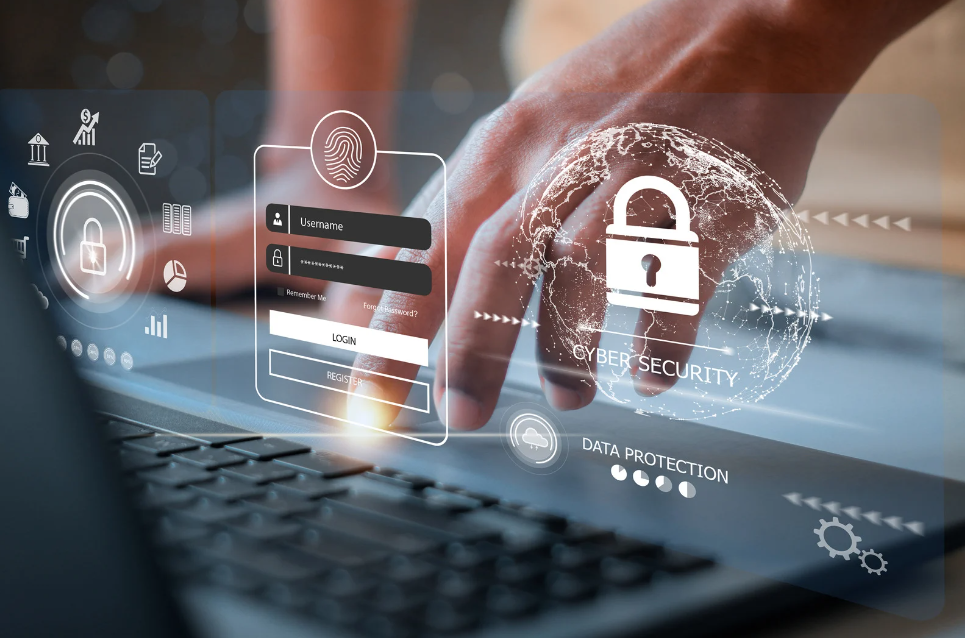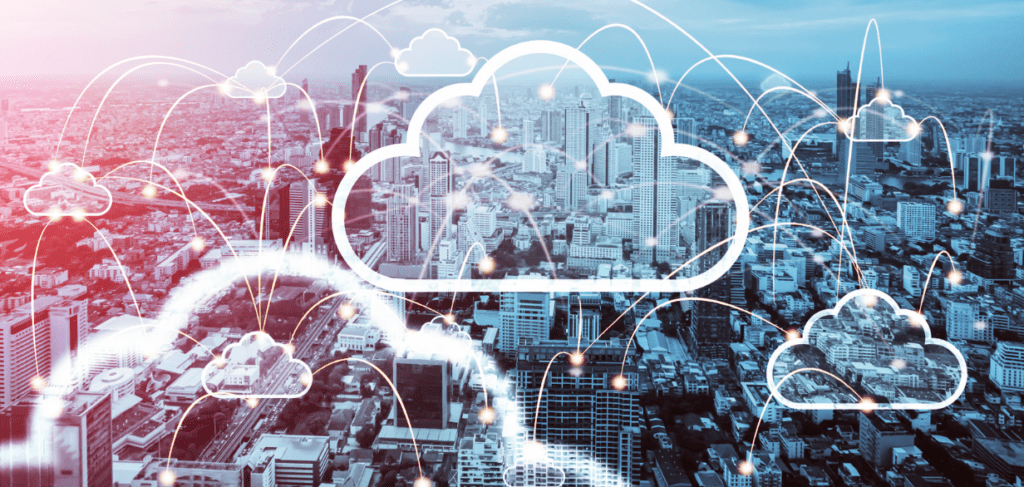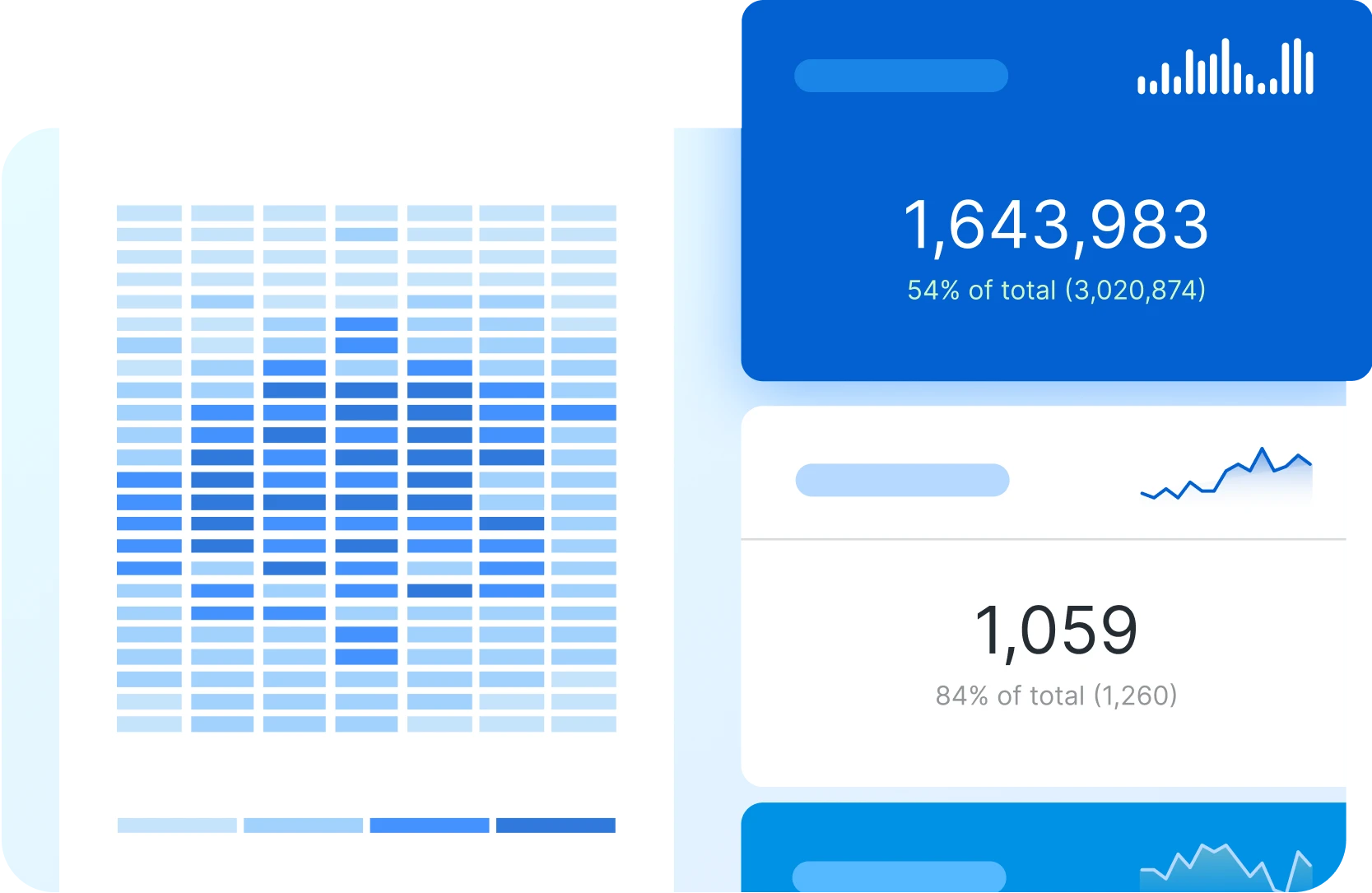In the public sector, safeguarding sensitive information is paramount. With the increasing sophistication of cyber threats and the critical nature of the data managed by public sector organizations, data security concerns can often be a significant hurdle when considering new technology implementations. To win the trust of decision-makers, it’s essential to emphasize how your ERP system is designed with robust security features that protect against these threats while ensuring the privacy and integrity of public data.
Advanced Encryption to Safeguard Data
One of the foundational elements of your ERP system’s security architecture should be advanced encryption. Encryption ensures that even if data is intercepted, it remains unreadable to unauthorized users. Highlight how your system uses state-of-the-art encryption protocols to protect data both at rest and in transit. This includes not just the encryption of databases but also the encryption of communications between the system and its users. By securing every point of data transmission, your ERP solution provides a formidable defense against data breaches.
Granular User Access Controls
Another critical aspect of data security is controlling who has access to what information. Public sector organizations handle vast amounts of sensitive data, from personal information about citizens to confidential internal communications. Your ERP system should offer granular user access controls, allowing organizations to assign specific access rights based on roles and responsibilities. This ensures that only authorized personnel can view or edit sensitive information, reducing the risk of internal data breaches.
Explain how these access controls can be customized to meet the specific needs of the organization, whether that’s restricting access to financial data to a select group of users or ensuring that only authorized personnel can view confidential communications. This level of control not only protects data but also provides peace of mind to decision-makers concerned about the security implications of a new system.
Compliance with Data Protection Regulations
Compliance with data protection regulations is non-negotiable in the public sector. From GDPR in Europe to HIPAA in the United States, public sector organizations must adhere to strict legal standards regarding the handling of personal and sensitive data. Emphasize how your ERP system is designed to comply with these regulations, incorporating features like audit trails, automated reporting, and data retention policies that align with legal requirements.
By demonstrating that your ERP solution is fully compliant with relevant regulations, you can reassure decision-makers that implementing your system won’t expose their organization to legal risks. Highlight any certifications or third-party validations that attest to your system’s compliance, further strengthening your case.
Proactive Defense Against Cyber Threats
In addition to protecting against unauthorized access, your ERP system should offer proactive defense mechanisms to guard against cyber threats. This includes features like intrusion detection systems (IDS), regular security patches, and continuous monitoring for suspicious activity. Explain how these features work together to create a multi-layered defense strategy that not only detects but also responds to potential threats in real-time.
Public sector organizations are increasingly targeted by cybercriminals, making it essential for your ERP system to be equipped with cutting-edge cybersecurity tools. By showcasing your system’s ability to defend against the latest threats, you can position it as a secure choice for any public sector organization.
Ensuring Data Integrity and Availability
Data integrity and availability are also critical aspects of data security. Public sector organizations must be able to trust that the data within their ERP system is accurate, up-to-date, and readily available when needed. Highlight how your system uses redundancy, regular backups, and data validation processes to ensure that data remains reliable and accessible at all times.
Additionally, discuss how your ERP system is designed to maintain high availability, even in the face of disruptions. Whether through failover mechanisms, cloud-based redundancy, or disaster recovery plans, ensuring that your system can continue operating under adverse conditions is key to building trust with public sector decision-makers.
Conclusion: A Fortress for Public Data
Data security is not just a feature—it’s a necessity for public sector organizations. By emphasizing the robust security measures your ERP system employs, you can address one of the most significant concerns these organizations face. From encryption and user access controls to compliance with regulations and proactive cyber defenses, your system should be positioned as a fortress for public data, ensuring its safety and integrity at every turn. This focus on security will resonate with decision-makers who need to be confident that their data is in safe hands.





